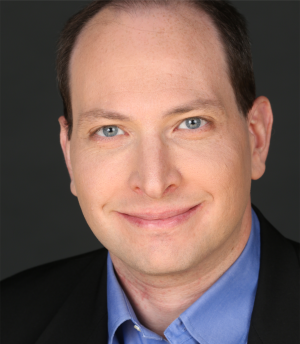
By
NICK GOSNELL
Hutch Post
HUTCHINSON, Kan. — A new online pharmacy from the owner of the Dallas Mavericks basketball team and star of TV's Shark Tank, Mark Cuban is hoping to make prescriptions cheaper through competition.
The Mark Cuban Cost Plus Drug Company offers more than 100 generic drugs, which according the company, are priced at the costs of making them, plus a 15 percent markup and a $3 pharmacy fee and $5 for shipping.
Free market policy expert Phil Kerpen with American Commitment is glad to see competition, though he admits it is limited.
"The good thing is, you can shop around," Kerpen said. "Maybe there are some things that are better from your local pharmacy and your insurance and some things that are better with what Cuban's doing, but the point, which is really going to open a lot of eyes is, we've built an extremely complex and confusing system for distributing prescription drugs."
It's important to note that name brand medicines are not available and you have to pay the whole price out of pocket.
"The pharmacy benefit managers in theory represent the buyers, the pharmacies," Kerpen said. "They should be negotiating for lower prices. They often don't negotiate for lower prices from the manufacturer. Instead they say, give us a higher price and give us a large rebate. Then we can charge the senior or the consumer at the point of sale a copay or a deductible based on the very high list price and we can divert the rebates to our bottom line. In any other government program besides Medicare Part D, that would be an illegal kickback, but in Medicare Part D, they have an exemption from the federal anti-kickback statute."
True pricing for drugs is the first step in saving everyone money.
"When you actually have a real cash price that was negotiated to be a low price rather than a high price with a high rebate that someone else pockets, a lot of times it's lower than what you're paying with insurance."
President Donald Trump tried to get rebates passed on from pharmacy benefit managers to customers at the point of sale, but that move was ultimately blocked. Current legislative leadership wants to control drug prices through charging high fees to drug makers who don't agree to negotiate prices with the government.






